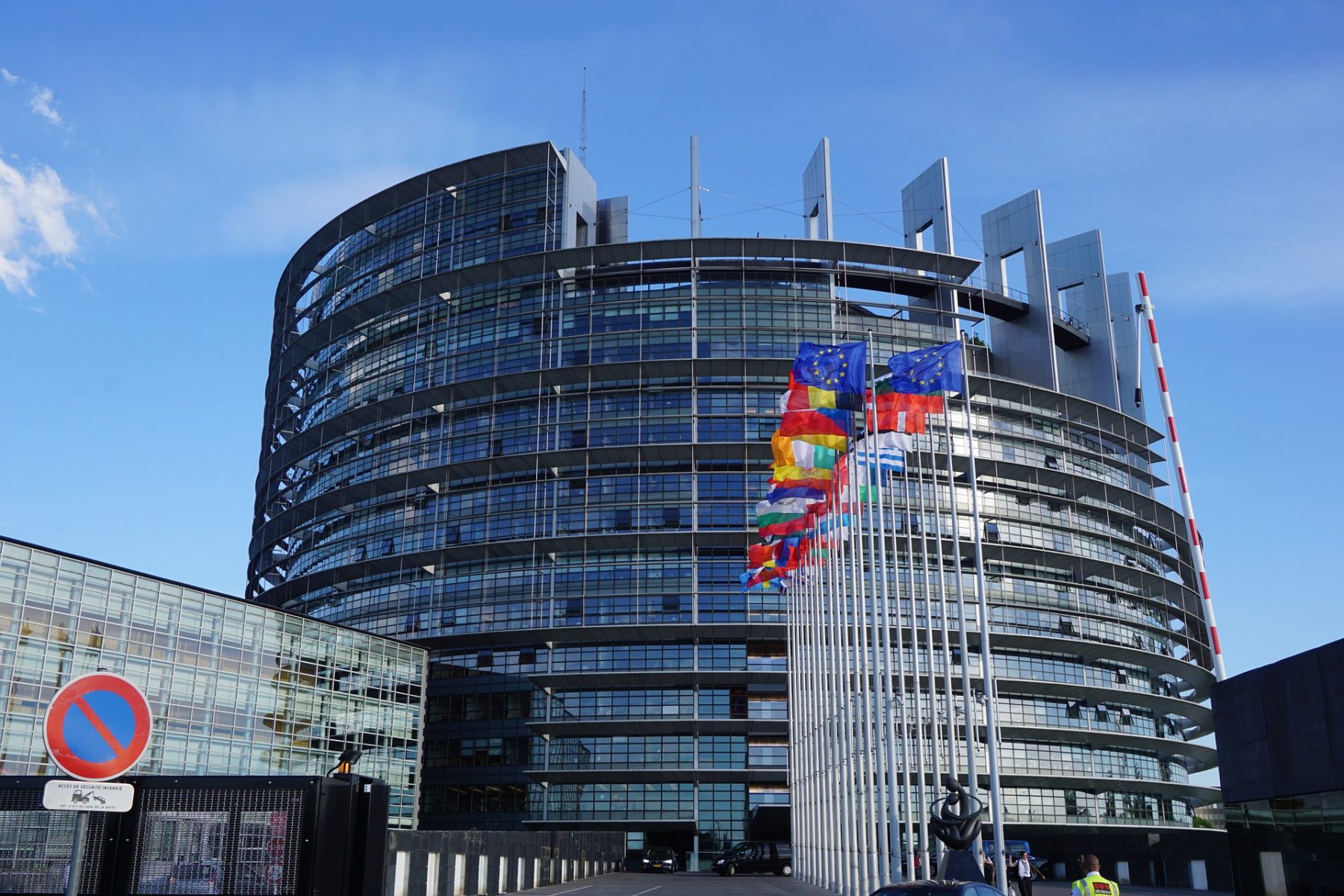Europe’s media sectors call on new Commission to deliver a comprehensive EU media strategy

Download the document
BRUSSELS, 3 DECEMBER 2019. In a joint conference organised today and opened by Vice President Jourová, representatives of European media sectors called on the Commission to adopt a comprehensive and ambitious approach to EU media policy, to support the sector’s competitiveness and cultural diversity.
With the new Commission taking office, the news media, commercial and public service televisions and radios wanted to jointly stress the need to preserve quality journalism, to create the conditions for a thriving media sector and to foster fair competition. They reiterated the need for any Digital Services Act to ensure media can continue to play its vital role for society and online platforms are made more responsible, notably to improve the fight against illegal content, hate speech and disinformation.
Victoria Svanberg, Vice-President of News Media Europe (NME), said: ”When it comes to fake news, we should realise that it not only damages the democratic process, but also trust in the wider institution of journalism and the media, with grave consequences for society. We need more responsible actors in the online space”.
Guillaume de Posch, President of the Association of Commercial Television in Europe (ACT), said: “European broadcasters make a huge contribution to life in Europe – democratic, cultural and economic. We look to Europe to foster the 3Rs: a Robust media policy based on an industrial vision, a Responsible Platforms legal framework to deliver a healthy and balanced online environment, and better transposition and enforcement to deliver Reliable rights and commercial freedoms”.
Corinna Drumm, Vice-President of the Association of European Radios(AER), said: “Media quality and pluralism are key pillars for democracies. Radio plays a highly important role for social cohesion, being ubiquitous, highly relevant and the most trusted of all media. In order for European quality media to survive, in an era of global online platforms radio needs to be supported and treated fairly in all relevant areas, such as specific media rules, taxation, copyrights, data or consumer protection. Undoubtedly, this is difficult. But it is imperative”.
Richard Burnley, Director Legal & Policy at the European Broadcasting Union (EBU), called for “EU policies to promote fair competition for European broadcasters, preserving freedom of expression and pluralism in Europe and holding platforms to account for any content that can cause harm to citizens”

